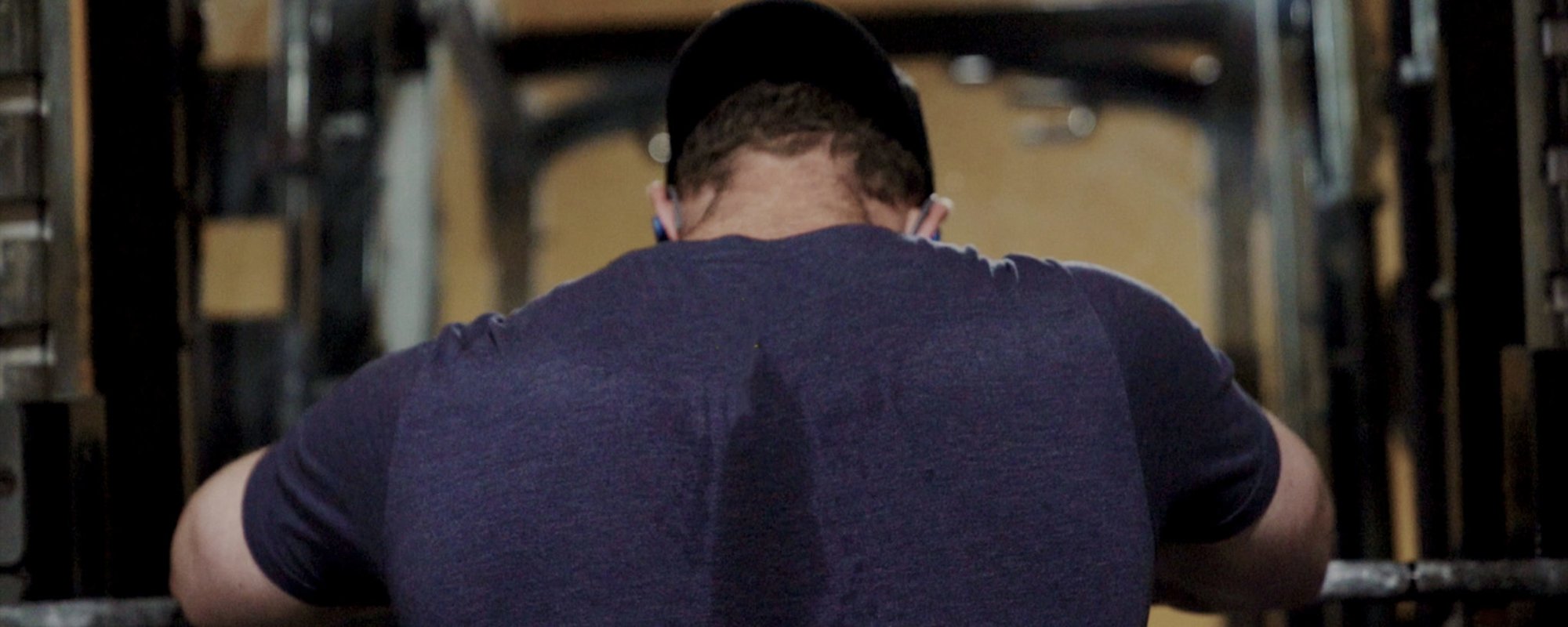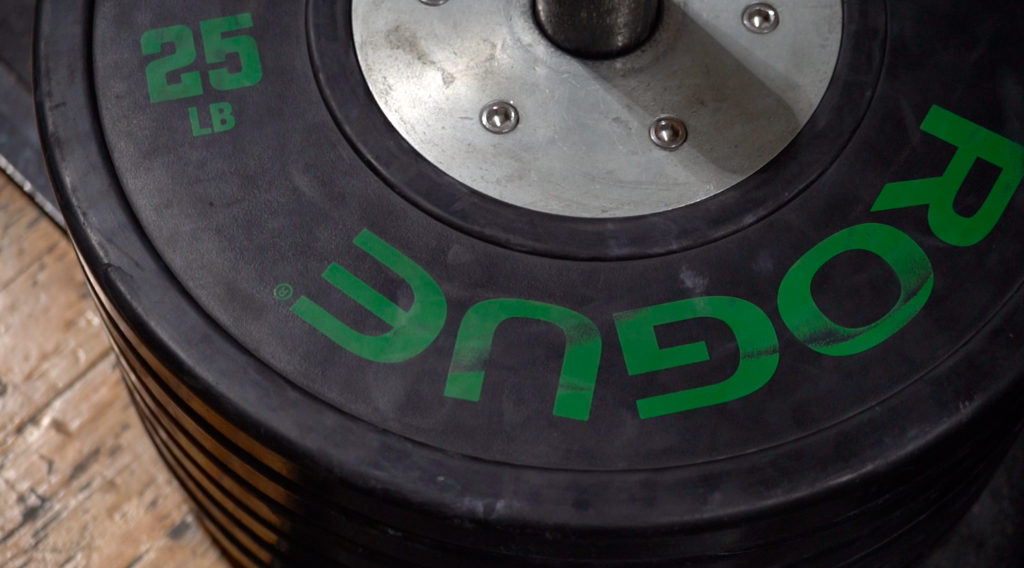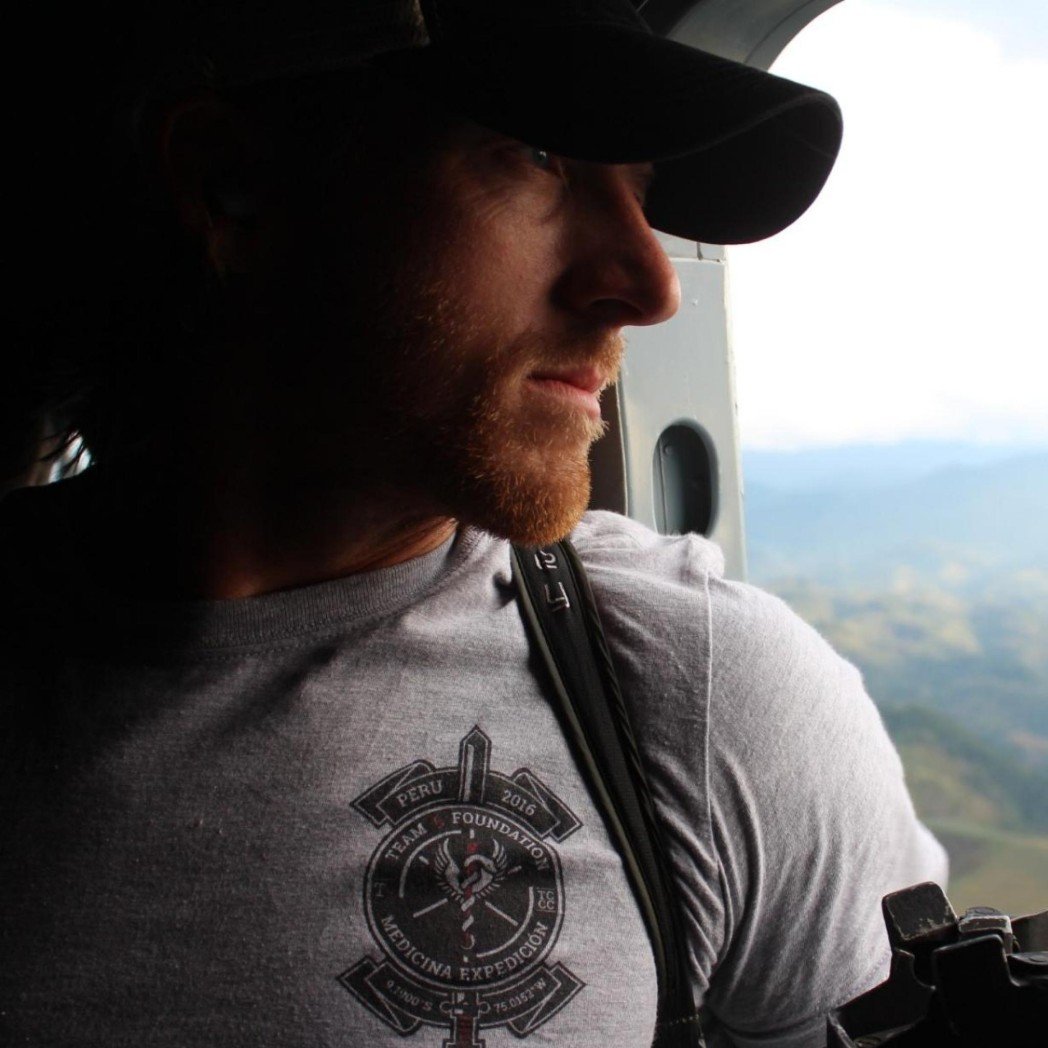
Fitness. The word conjures mental images of tight lycra clothing, 5K finish lines, and overcrowded rooms filled with clanking weights and the pungent odor of sweat. Fitness, however, is much simpler than what is being sold to you. Fitness is health, plain and simple — the pursuit of which is a lifetime endeavor.
The concept of improving fitness almost always focuses directly on the improvement of the physical body. However, mental and spiritual health play equally important parts in the equation. Setting the proper intention — the purpose of one’s physical pursuit is as important, if not more so, than the physical movement itself.
When it comes to fitness, goals are paramount. There are three simple questions you need to ask yourself:
- Where do I want to be?
- Where am I currently?
- What is the healthiest path from No. 2 to No. 1?

Your goals are your own. They should not exist for anyone else, and should be clearly identified so a path to achievement can be established. Let’s say your goal is to squat 200 pounds. Why? How does that number improve your quality of life? Numerical goals are not wrong so long as you can identify the reason. For example, if you aspire to be an EMT who will regularly need to hoist a 200-pound person, the goal serves you well.
Take an honest, comprehensive look at your current fitness level. Avoid self-criticism and identify the areas which can use the most improvement. Can you push and pull your body weight through various planes of movement repetitively and with ease? Does each of your joints flex and extend to an appropriate degree without pain? I know blood pressure and cholesterol levels aren’t as sexy to consider as what your abs look like, but they are undeniably factors that will sooner inhibit your quality of life than any aesthetic variance will.
Identify your weakness, then attack it with verve. Experienced triathletes know this concept well. For those with a strong swim and a weak run, it is much more enjoyable to practice swimming. This does little to improve race results or fitness in general though. That weakness may be flexibility, balance, or elevated levels of stress.
Knowing where you are and where you want to be doesn’t mean anything without establishing a reasonable path from one to the other. This is the angle of the ladder you will climb to your goal. Time plays a crucial factor in this. If your goal is to squat that 200 pounds but you currently have physical difficulty getting off the couch, the goal is still achievable when the proper number of rungs are implemented at appropriate intervals.
Does the pursuit of your goal require detriment to other aspects of your health? If your goal is to complete a marathon for the sake of doing so and your training plan omits components of strength, power, speed, or agility, you may get to the finish line a little faster — but you are ultimately working against your own fitness.
If you can identify where you currently are and where you want to be but are unsure how to get from one to the other, fear not. In the coming weeks and months, I will address pertinent aspects of fitness programming, equipment, and ideology. Wherever you may be, let’s improve our fitness — and our quality of life, together.

Leo Jenkins is a contributing editor for Coffee or Die Magazine, and the acclaimed author of Lest We Forget, On Assimilation, First Train Out of Denver, and With a Pen. Since his time as an Army Ranger medic, Leo has traveled through over fifty countries and competed at an elite level in both triathlon and CrossFit, while racking up over 10,000 hours of hands-on coaching experience in Olympic weightlifting, running, swimming, cycling, and cross-training.
BRCC and Bad Moon Print Press team up for an exclusive, limited-edition T-shirt design!
BRCC partners with Team Room Design for an exclusive T-shirt release!
Thirty Seconds Out has partnered with BRCC for an exclusive shirt design invoking the God of Winter.
Lucas O'Hara of Grizzly Forge has teamed up with BRCC for a badass, exclusive Shirt Club T-shirt design featuring his most popular knife and tiomahawk.
Coffee or Die sits down with one of the graphic designers behind Black Rifle Coffee's signature look and vibe.
Biden will award the Medal of Honor to a Vietnam War Army helicopter pilot who risked his life to save a reconnaissance team from almost certain death.
Ever wonder how much Jack Mandaville would f*ck sh*t up if he went back in time? The American Revolution didn't even see him coming.
A nearly 200-year-old West Point time capsule that at first appeared to yield little more than dust contains hidden treasure, the US Military Academy said.












